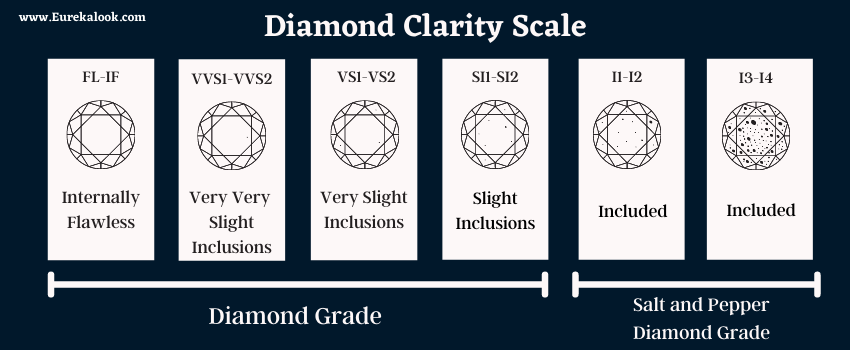So you are a sensitive guy. Everyone knows that you are a romantic at heart and that you love puppies as much as we do. but that's not the kind of meaning we're talking about. Your special sensitivity goes beyond feelings and emotions; You use your sensitivity directly on your skin.
It may sound like an aversion to marriage, but wedding ring rash is actually a fairly common skin condition, also known as wedding ring dermatitis. You will notice it under the ring of a ring and it can start as a little red spot or a few small bumps and then turn into peeling or peeling of the skin, increased redness, dryness, and itching.
If you have a metal allergy, you still have many great options for hypoallergenic wedding rings that are far from boring. There are a handful of metals that are not irritating AND unique.
When choosing a wedding ring, you don't want to buy a ring that you can't wear due to a metal allergy. The last thing you need to worry about is whether or not your ring will cause an allergic reaction. Finding a ring that suits your personality, your lifestyle, and is hypoallergenic can be difficult. If you have a metal allergy or sensitive skin, the best way to find out which metals are hypoallergenic is before you buy a wedding ring.
Which ring metals are hypoallergenic?
- Platinum - A precious metal that is Solid and more durable than gold. Platinum 950 wedding rings also contain iridium, ruthenium, and palladium, which are not normally allergens.
- Cobalt / Cobalt Chrome - A strong, malleable, and biocompatible alloy that is harder than platinum and other precious metals commonly used in dental and joint implants. It consists of non-irritating substances and does not cause allergic reactions or irritation.
- Tungsten Carbide - Often used in wedding rings for men and women, it is made of two metals forged together. It is strong and scratch-resistant; Tungsten carbide bushings are also four times harder than titanium bushings.
- Titanium: It is safe for people prone to allergic contact dermatitis, although it is not as powerful as other metals. However, it retains its silvery color, does not rust or corrode, and is easy to clean with soap and water.
- Ceramics - Ceramic jewelry is strong, heat resistant, and does not cost as much as other metals. It is a biocompatible material that is lightweight, scratch-resistant, and hypoallergenic; It is also one of the most popular black metals.
Titanium and Platinum are 100% hypoallergenic metal rings. The two metals look similar but differ in composition and cost. Titanium is a lightweight and inexpensive alternative metal. Platinum has a higher price and is considered a precious metal.
Platinum and palladium are hypoallergenic precious metals of jewelry quality. Platinum is a durable metal in a soft silvery hue that will never tarnish or corrode. Palladium is naturally white with a soft gray tint and is softer and more malleable than gold. 18-24 karat gold can also be a good option, as it contains little or no alloys. An alloy is a metal that is created by combining two or more metals.

The choice between a titanium ring or a platinum ring is totally personal. If you are looking for more rare heirloom quality jewelry, go for platinum. If keeping a tight budget is a priority, Titan is the way to go. Better yet, many ring designs can be made from titanium or platinum. So if you can find a unique titanium ring, chances are its platinum (and vice versa).
What metals cause allergies?
Not all metals or types of metal alloys cause allergic reactions. Jewelers know the non-allergic jewelry market and some even specialize in hypoallergenic rings. A good jeweler or retailer can tell you exactly what metal alloys are in each of the metals in your engagement rings and can help you make a smart decision without breaking your budget.
Below are some of the metals and types of metal alloys that often cause nasty allergic reactions:
Nickel: This metal causes reactions because it breaks down into a kind of salt on contact with water or sweat. Salt is irritating by nature (hence the saying "pour salt on open wounds"). It is the most common metal, but not the only one, that causes allergic reaction symptoms.

Copper - Copper is often hypoallergenic, but it is a particularly flexible and soft metal. Makes beautiful jewelry, but does not stand up to wear and tear like other metals. For this reason, some craftsmen strengthen it with a little nickel-metal alloy, which can cause an allergic reaction.

Lead - Some metal alloys contain a small amount of lead. We have known for many years that lead causes terrible birth defects and genuine reactions, and the same goes for all jewelry made in the smallest quantities.

Hypoallergenic black wedding rings
Black wedding rings are popular, and most black metals are unnatural; they are made by plating or coating a metal or alloy that is not black and may not be hypoallergenic. If the coating wears off or peels off, the true color will appear and your skin could be exposed and irritated. However, be careful with these and do your research on the makeup of the ring.

For a ring with a black finish and complete peace of mind, hypoallergenic black rings include black ceramic, black zirconia, and Elysium rings.
ARE THESE RINGS REMOVABLE?
There is often concern that titanium or tungsten carbide engagement rings may not be removable. However, doctors can eliminate them. The turntable requires a high-speed steel blade to remove it. A stronger, better-quality ring will be more difficult to remove. It all depends on the materials of manufacture of the ring. Discuss with your jeweler how to safely remove a ring or ribbon using the materials and design of the one you have or plan to use.
Am I allergic to my engagement ring?
The short answer probably isn't. Most likely, all you need to do is clean your ring. Germs, bacteria, and cosmetic debris love to live under your ring, causing irritation, redness, dryness, itching, flaking, white bumps, and rashes. Some people even develop an allergy to soap, which sets under the ring and dries under the metal. All of these can lead to a rash or itchy rash on the wedding ring, also known as wedding ring dermatitis. Allergies to real gold are rare and reactions to platinum are even rarer. If you think you are allergic to your engagement ring, the first step is to have it professionally cleaned.
With a wide variety of metals and model types available, you will never be short of options for creating your engagement ring. The moment you let your creativity run wild and tell the designer, surely you can create the right handcrafted jewelry to your liking.
If you already have a wedding ring that you have developed an allergy to, you can seal the inside with a clear protective layer so that the metal does not touch your skin. Some people do it themselves with clear nail polish, but a professional coat will last longer.


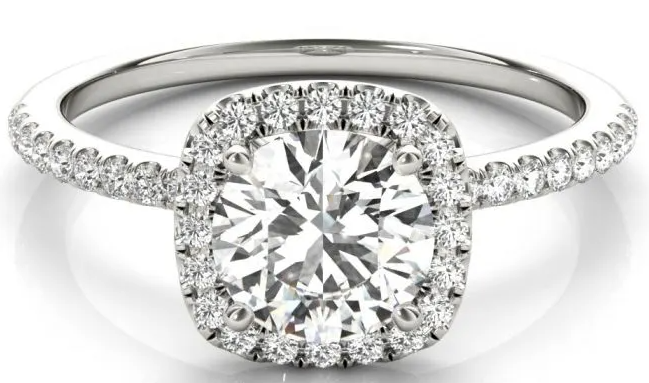
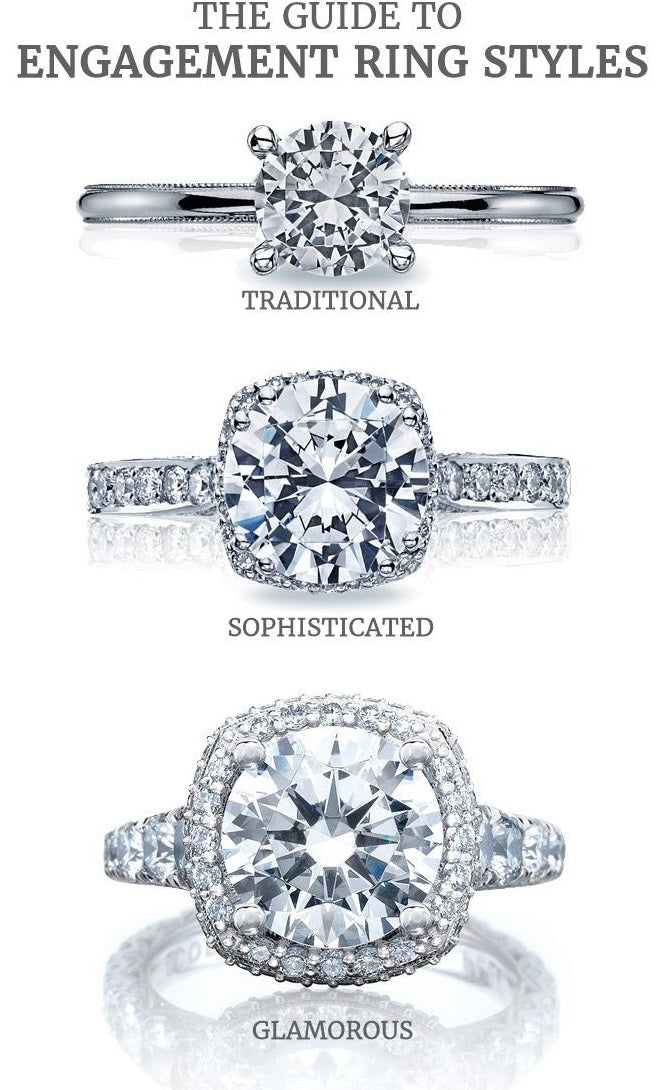
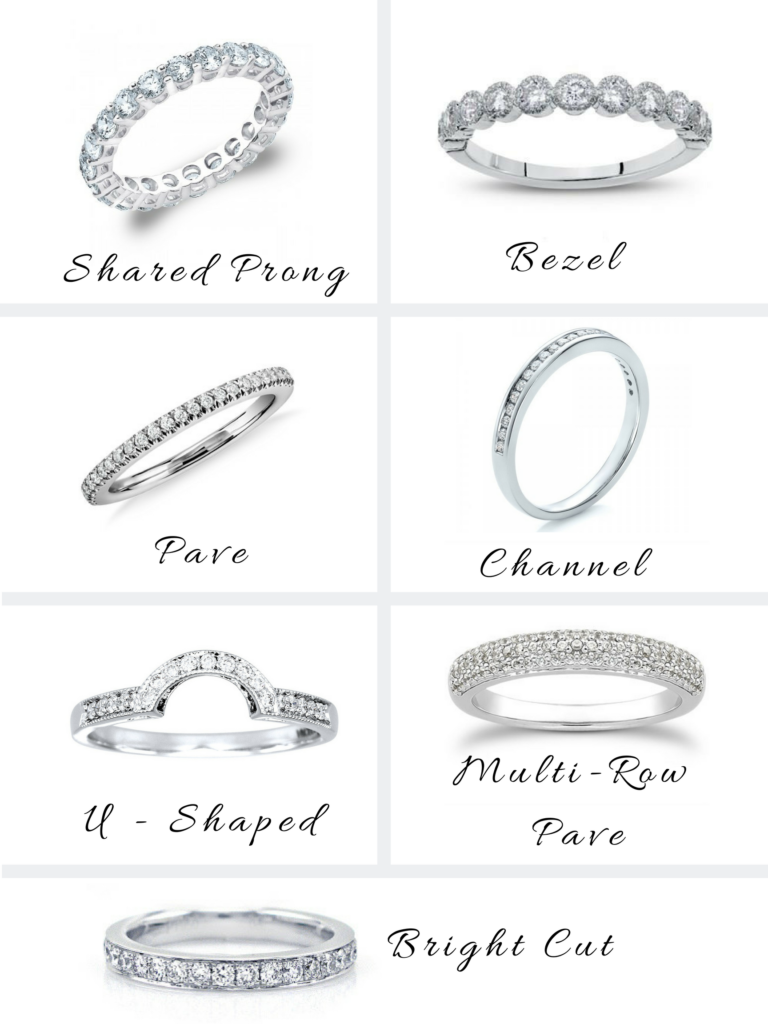


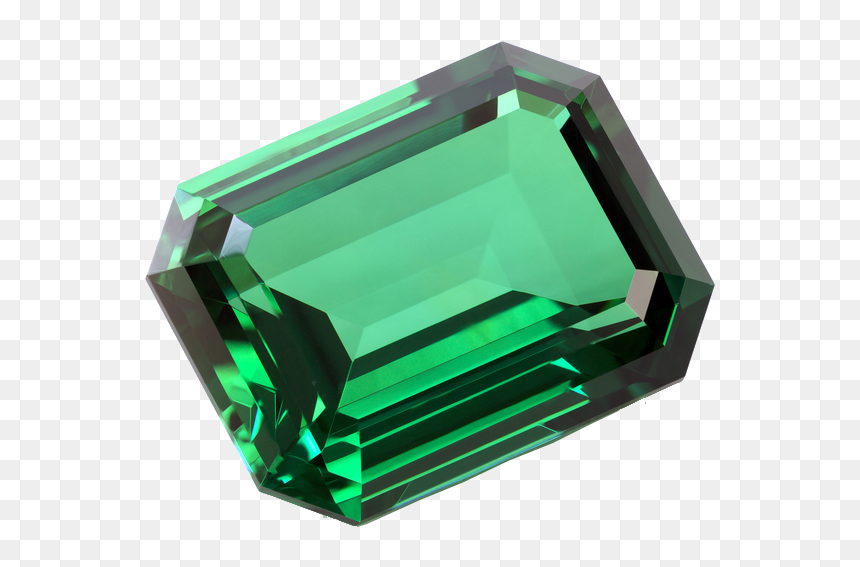
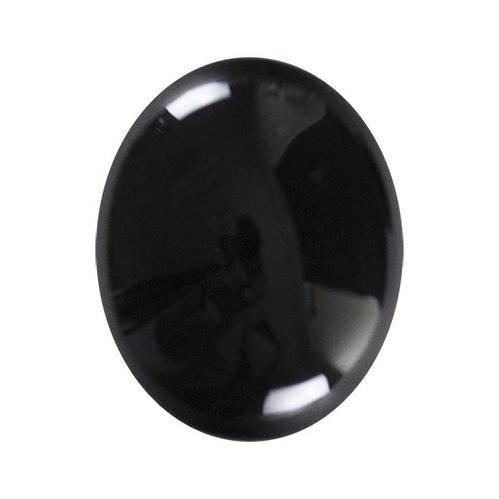
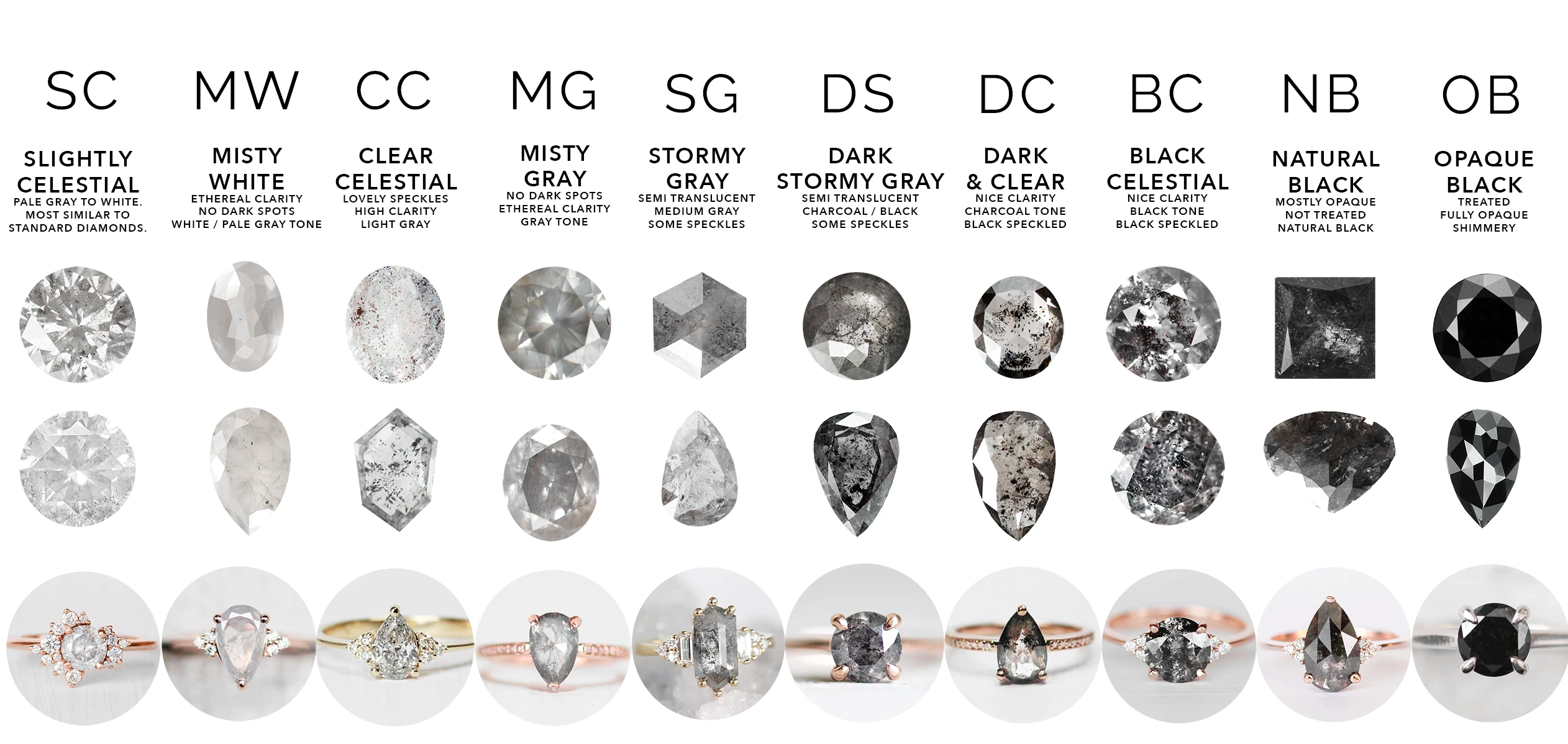
 Sale
Sale